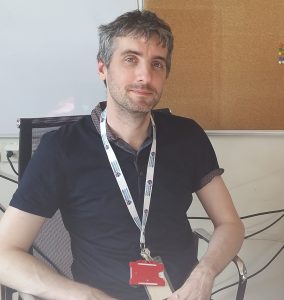 The Media Enhanced Learning Special Interest Group (MELSIG) is a group of academics, learning technologists, staff developers and others whose purpose is to:
The Media Enhanced Learning Special Interest Group (MELSIG) is a group of academics, learning technologists, staff developers and others whose purpose is to:
- develop a self-sustaining UK Special Interest Group and community of practice for Media Enhanced Learning that adds value, builds capacity, and stimulates global partnerships and networks;
- facilitate discussion and dissemination of the pedagogic use, purposes and benefits of digital and social media in post-compulsory education, and to consider its future uses;
- provide a staff development focal point for media-enhanced academic practice (digital audio, video, smart and social media, and the use of related technologies), from ‘novice‘ to ‘expert’;
- integrate ‘the student experience’ and ‘student views’ into SIG activities and deliberations;
- be a resource for pedagogic research and investigation in the areas relating to digital and social media, related new technologies and applications;
- co-ordinate a network of practitioners;
- provide information and guidance on practice through its association;
- provide an annual futures report based on a survey of leading international practitioners in the area of media-enhanced learning.
With a diverse stering group drawn from post compulsory education from all over the UK, it is an active group sharing effective practice widely.
There is already a great set of co-produced resources on the MELSIG website, including :
Regular events (usually free to attend) provide opportunities for networking with others from different disciplines and institutions to co-produce more toolkits, collaborate and share effective practice. The next event, on 21 June 2018 in Sheffield, focuses on enhancing practice with digital and social media.
There is a jiscmail list which anyone can join.



